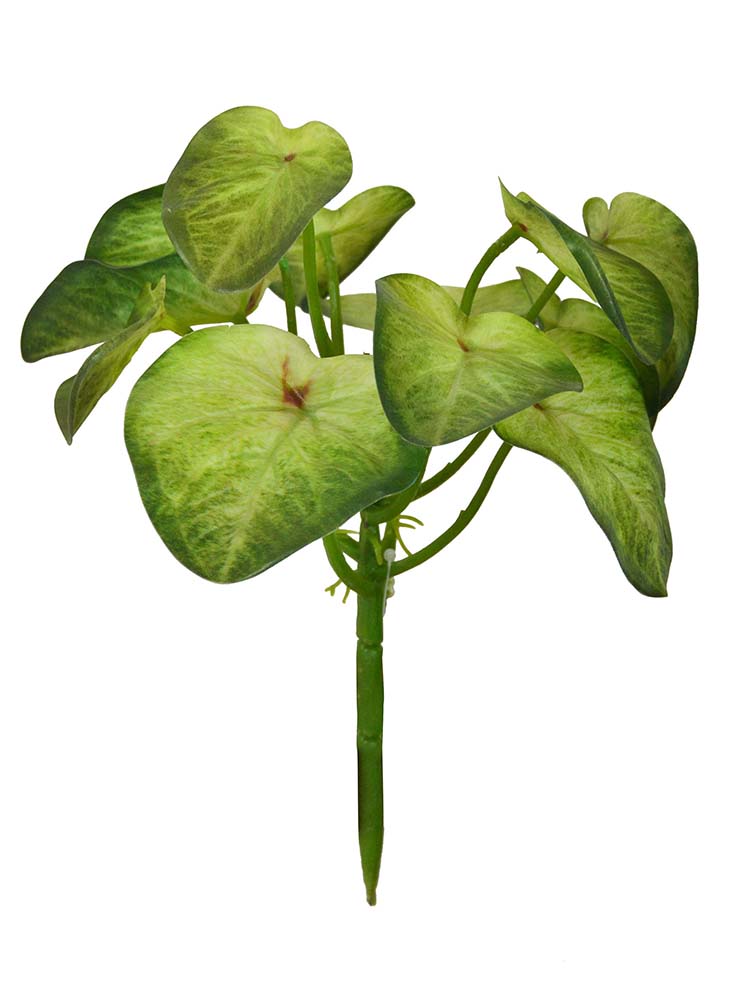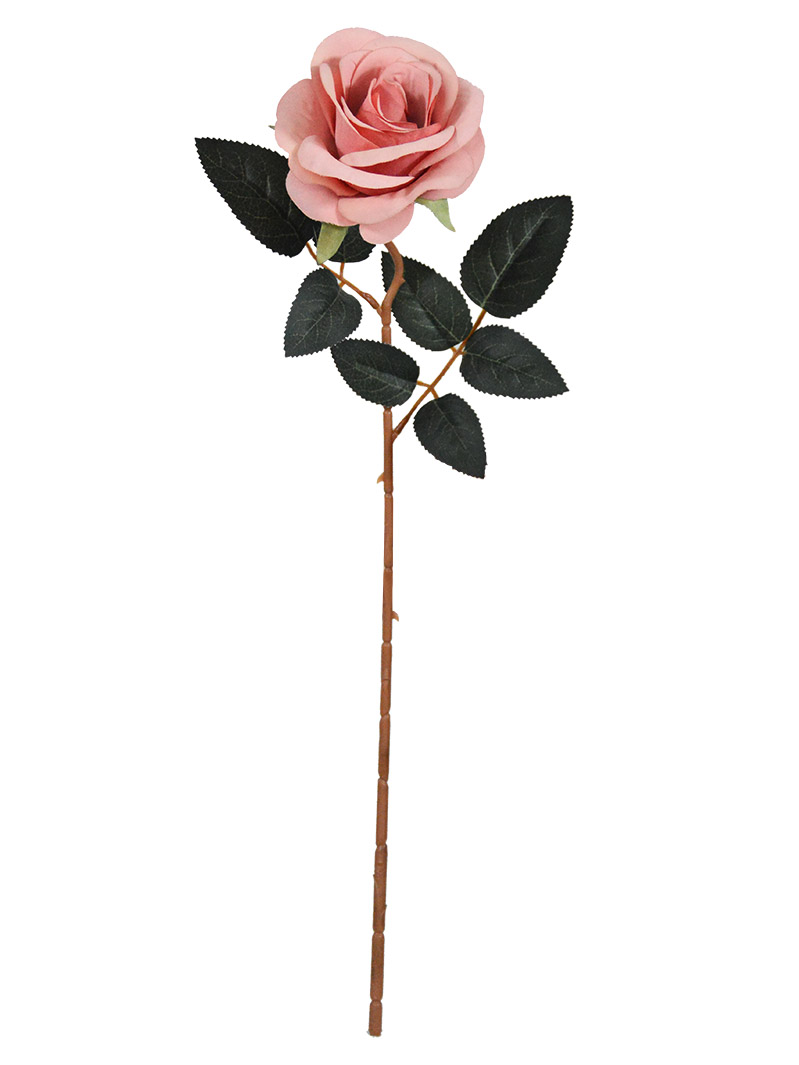Raising plants indoors can fill your home with greenery and color. Plus, houseplants have been shown to improve indoor air quality.
The folks at NASA — who are rightly interested in how to keep the air quality in small spaces (like the International Space Station) safe for people — looked closely at the benefits of houseplants. Wreath

In 1989, they performed a "clean air study." Its findings suggested air quality can be improved indoors by keeping one plant per 100 square feet in the average home. (That adds up to between 12 to 15 plants in an 1,800-square-foot domicile).
More recent studies show there are some caveats to NASA's original claim, but this is what's clear: Through photosynthesis, houseplants soak in the carbon dioxide we exhale, then use it to make energy for themselves, all the while, releasing oxygen for us to breathe.
So, if you’ve got just one plant or one plant per 100 square feet, keeping your greenery thriving is beneficial. And because not everyone has a green thumb, even with easy-care houseplant choices, we asked our All Things Gardening audience members to reach out with a few of their houseplant questions!
A: Assuming it's a moth orchid, or phalaenopsis — this most popular and common orchid is also the easiest one to grow. To keep it living its best orchid life, place the plant in a bright spot — not full sun, nor too dark — and leave it there.
The biggest takeaway for growing orchids is not to overwater them. When you take a closer peek at the soil, you’ll note it isn’t soil at all, but instead, kind of a bark-like mixture. That's because orchids don't grow in soil in their natural habitat. These orchids are epiphytes, meaning they grow in trees.
To care for it, ensure your orchid plant is sitting in a clay pot with good drainage. Then, when the orchid dries out and the leaves begin to wilt, put it under the tap and let the water run through. If you water plants with water that isn’t treated with chemicals, that’s even better for this orchid and ALL your plant babies!
Also, this is the time of year that your orchid will begin sending up more flower stalks. With proper watering, potting and light conditions, you'll see those buds should last weeks, if not months.
A: Variegation is a mutation that happens on certain houseplants, like philodendron, pothos or rubber trees. Plant breeders noticed changes that occurred in leaf patterns or leaf coloring, then propagated the plants to create whole new varieties.
The variations are very dependent on light levels. So if you have a house that's very dark, you might notice that a variegated plant might slowly start turning back to a green-leaf plant. If you like the color and pattern differences on your plant's leaves, make sure you keep it in a room that gets sufficiently bright light.
On the contrary, if you don't like the variegation, you can get rid of it by moving that houseplant into a shaded spot in your home.
A: In order to keep your greenery from taking over your home, look for dwarf varieties of houseplants. There are rubber trees, for example, that can grow 8 to 10 feet tall. But you can find smaller versions that grow just 3 to 4 feet tall.
For the plants that you have already, keep them in the same pot. Then once every year or two, root-prune them.
To do that, remove the plants from their pots and prune down the roots. You’ll see the roots will be swirling and encircling everything, but go ahead and prune them. then repot the whole plant with some fresh potting soil in the same container.
That should help slow their growth so they don’t get out of control.
A: Soil with a moldy smell is probably due to it being too wet, and it's anaerobically decomposing.
Go ahead and repot your houseplants with fresh soil and try to cut back on watering just a tad. That should keep things smelling fresh!
All Things Gardening is powered by you, our audience! Send us your toughest conundrums and join the fun. Submit your written question via email, or better yet, leave a voicemail with your gardening question so we can use your voice on the air! Call Vermont Public at 1-800-639-2192.
Listen to All Things Gardening Sunday mornings at 9:35 a.m., and subscribe to the podcast to listen any time.
Enter your email to sign up for The Frequency

Primary small Reed Vermont Public's daily news update, sent weekday mornings.